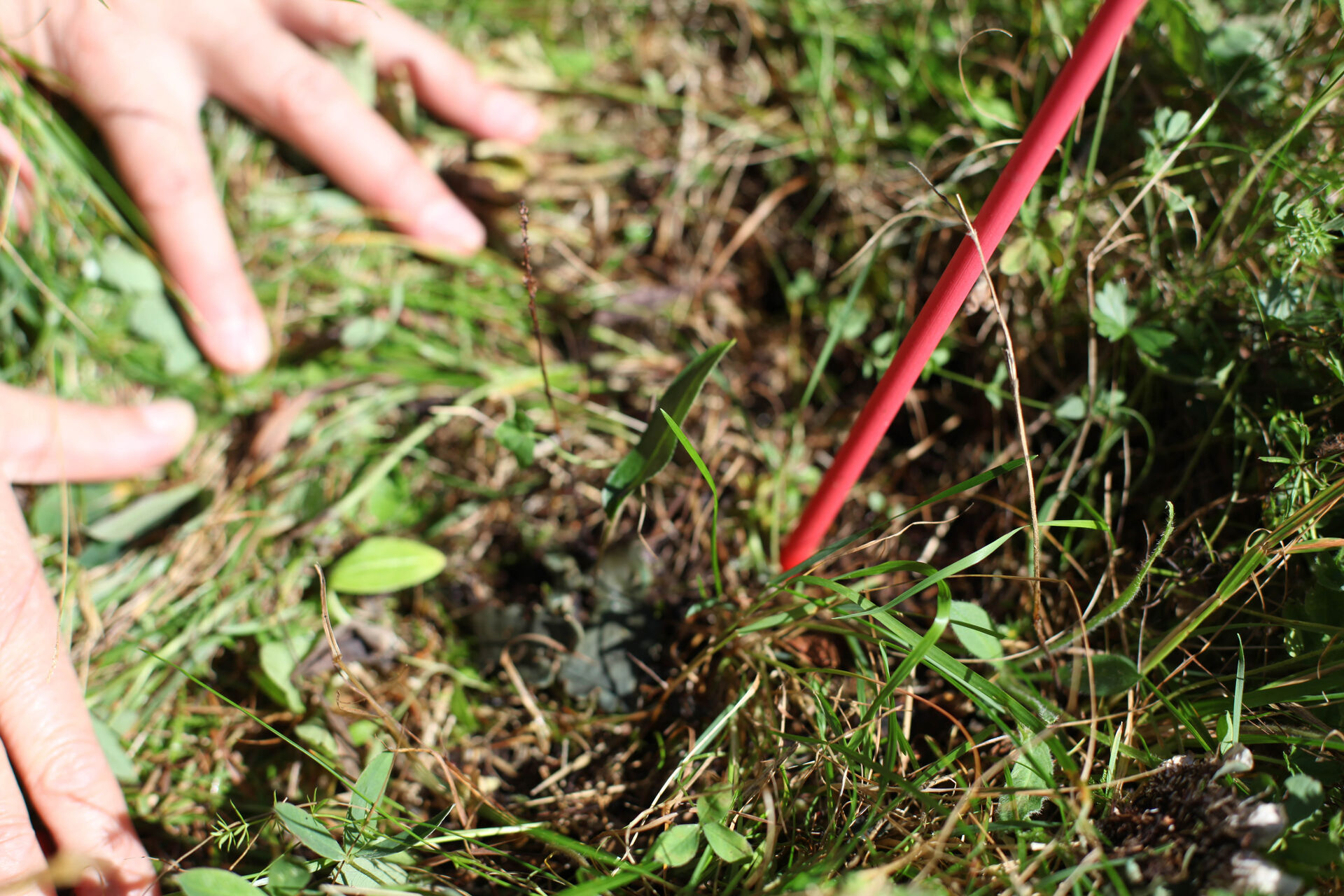The project
Soil biodiversity influence ecosystem functioning, and changes in soil biodiversity impairs multiple ecosystem functions. All living plants are closely associated with a high diversity of microorganisms essential for their functioning. Belowground, plants roots live in symbiosis with root associated fungi (RAF) and also host a rich diversity of prokaryotes, together known as the plant root microbiome. RAF has recently been shown to have a surprisingly important role in long-term carbon storage and sequestration. How and at which rate the associated plant root microbiome responds to the shifts in temperature and precipitation is largely unknown and thereby overlooked in climate models, even though changes in the plant root microbiome may significantly alter long term carbon storage and sequestration. The DRIVE project will take advantage of an already established infrastructure (SeedClim, University of Bergen) to study how the ecologically important plant root microbiome responds to large-scale changes in the environment, and further seeks to model the potential implication for long-term carbon storage and sequestration
Objectives
The overarching goal in the DRIVE project is to apply massive parallel sequencing methods combined with large-scale ecological experimental approaches to understand the dynamics of the plant root microbiome in response to elevated temperatures and changed annual precipitation patterns. More specific we want to address the following research questions through interrelating observational field studies to experiments where causal relationships can be revealed:
I. Do changes in plant root microbiome correlate to changes in temperature and precipitation regimes?
II. How resilient is the plant root microbiome to changes locally and regionally?
III. How does climate, soil and host plant ecotype influence the plant root microbiome?
Financing
The project is funded by the Research Council of Norway, a personal Post-doc research project (FRIMEDBIO, project Number: 240897) and runs from August 2015 - Fall 2019.
Tools
In a field survey (WP1), the plant root microbiome associated with two host plants will be assessed in the SEEDCLIM climate grid using high throughput DNA sequencing approaches. In WP2, plants with their associated rhizospheres, will be transplanted within the SEEDCLIM climate grid and responses on the shifts in environmental conditions on the root microbiome assessed. In WP3 a controlled common garden experiment will be conducted where climate effects on both the root microbiome and the host plant will be assessed.


